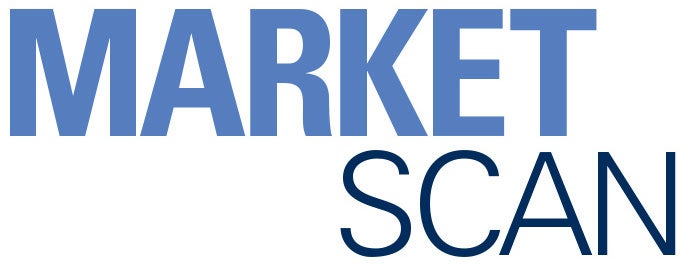
AHA Center for Health Innovation Market Scan

AHA Center for Health Innovation’s Market Scan articles provide insights and analysis on the field’s latest developments in health care disruption, transformation and innovation.
Read the latest newsletters and subscribe to Market Scan.
Jon Thiboutot, a CVS employee for more than two decades who most recently served as MinuteClinic’s vice president of operations, has been named president of retail health.
Physicians may be well-suited to answer the call for to leaders who can guide their organizations through a period of reinvention and reimagination notes a recent McKinsey & Company report.
Health care leaders may want to keep a closer eye on clinical validation for artificial intelligence (AI)-enabled medical devices (AIMDs), based on a recent JAMA Health Forum study.
A recent Sage Growth Partners survey shows that health care executives are optimistic about how artificial intelligence (AI) can help the field advance but are cautious.
Researchers at Endeavor Health and Northwestern University have developed a new computer program that can help doctors identify Acute Respiratory Distress Syndrome (ARDS).
A new AHA Market Scan report, “Unlocking Capacity for Targeted Patient Populations,” outlines a process to surface these care transformation opportunities and shares proof of concept with case studies from two health systems.
The news that Cleveland Clinic is partnering with artificial intelligence (AI) startup Piramidal Inc. to launch the world’s first AI model to read brainwaves sparked considerable interest in the medical community.
Hospitals have made significant gains over the past five years in improving survival rates for surgical patients and reducing post-surgical complications, according to a recent report from the AHA and Vizient.
Samsung's recent purchase of the digital health platform Xealth will create synergy with Samsung’s wearable technology, offering a link between home health monitoring and clinical decision-making.
Rapidly evolving remote patient monitoring (RPM) tools for behavioral health patients are giving clinicians more ways to track their progress between visits.



